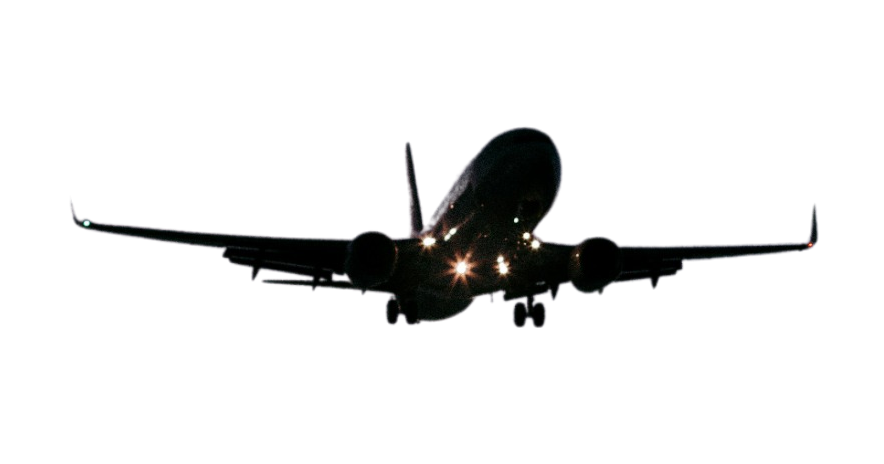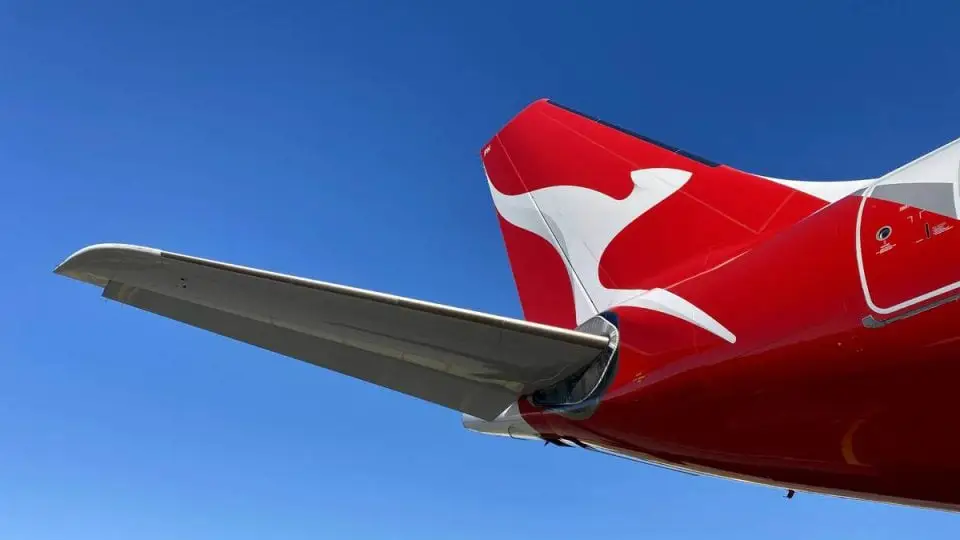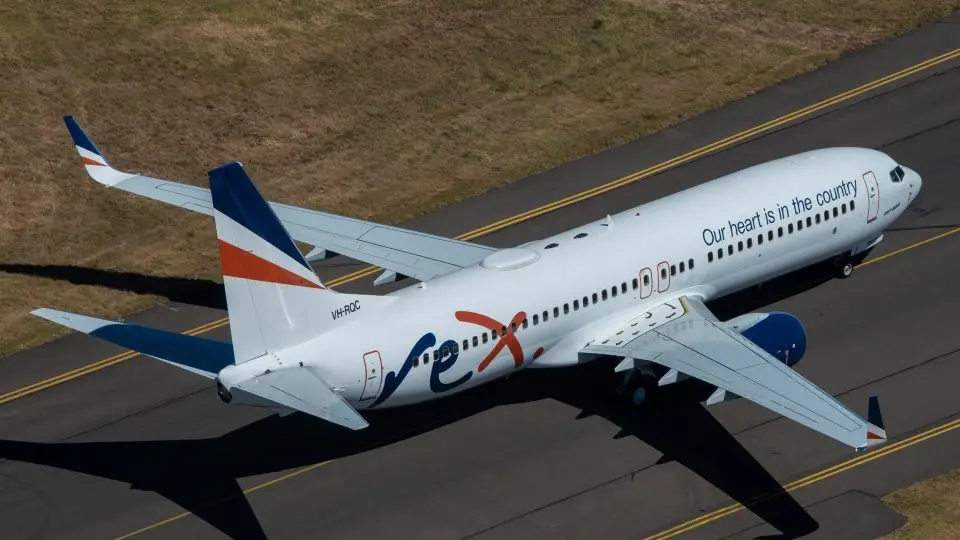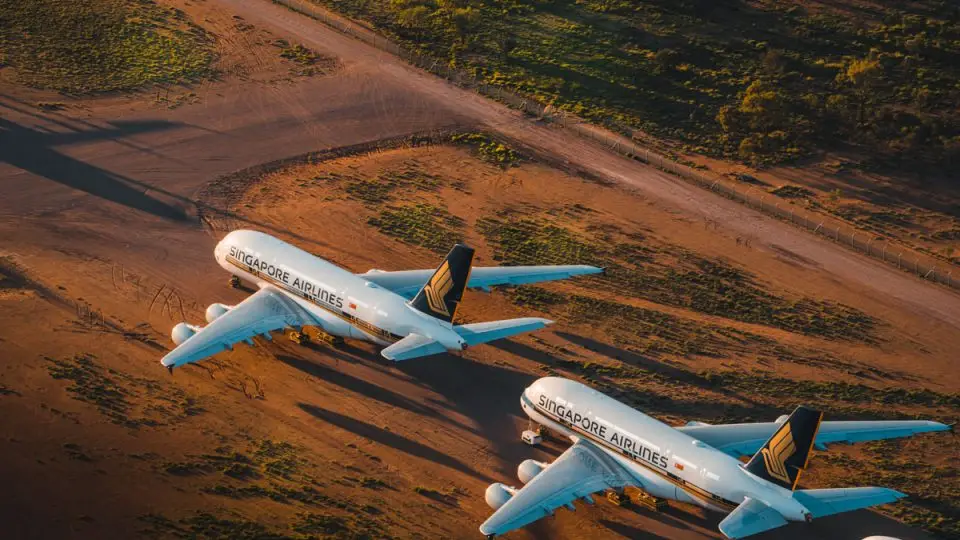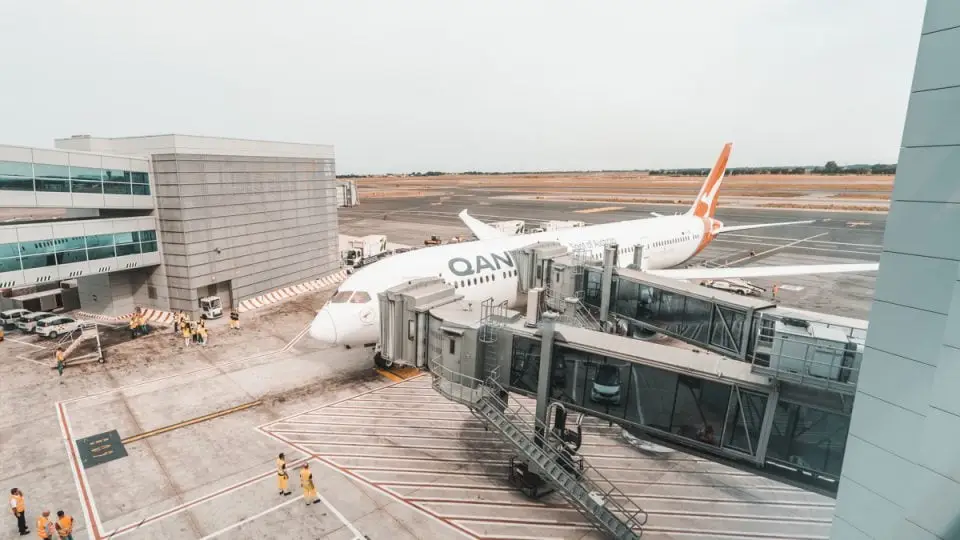We Explore Jetstar's First Airbus A321neo As It Arrives In Australia
Jetstar introduces its first A321neo to Australia, enhancing travel comfort with cutting-edge fleet expansion.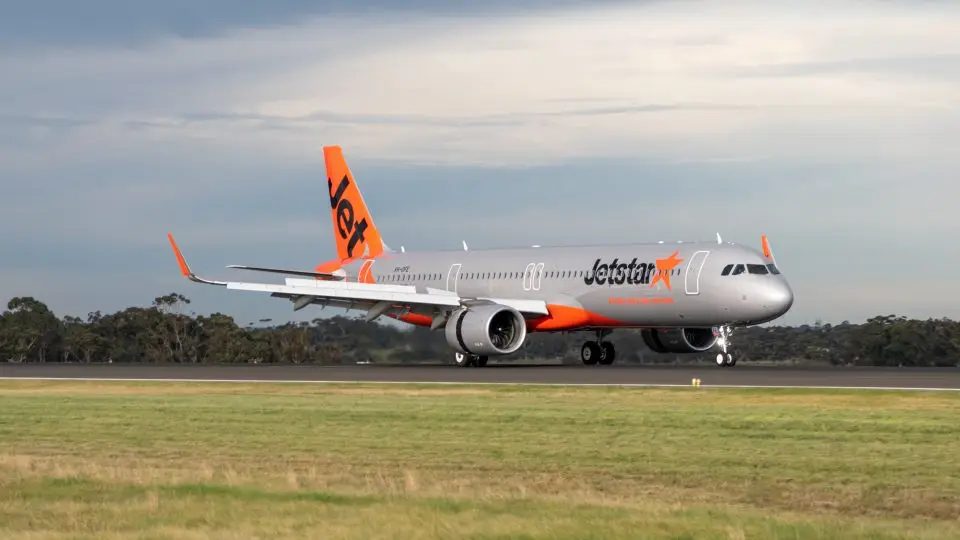
Wider seats, large overhead bins and in-seat USB power outlets are what travellers can expect when flying on Jetstar’s latest jet, the Airbus A321neo LR (new engine option, long-range). Eleven years after placing their initial order, Jetstar’s first state-of-the-art Airbus departed the factory in Hamburg, Germany, travelling via Mumbai and Perth before arriving in Melbourne just after 9:20 am on Sunday.
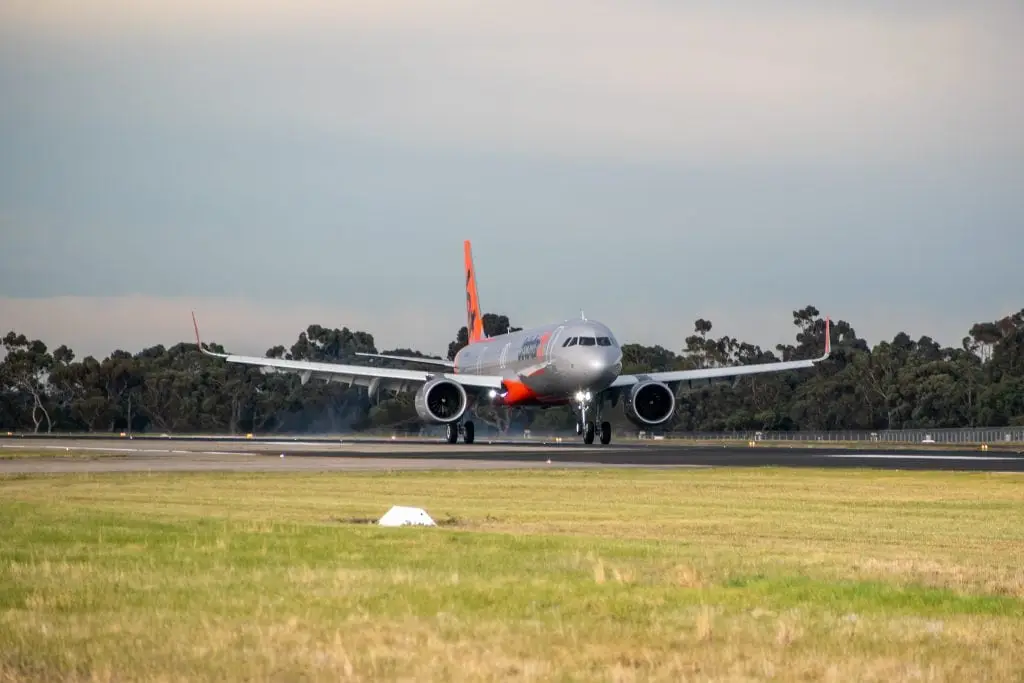
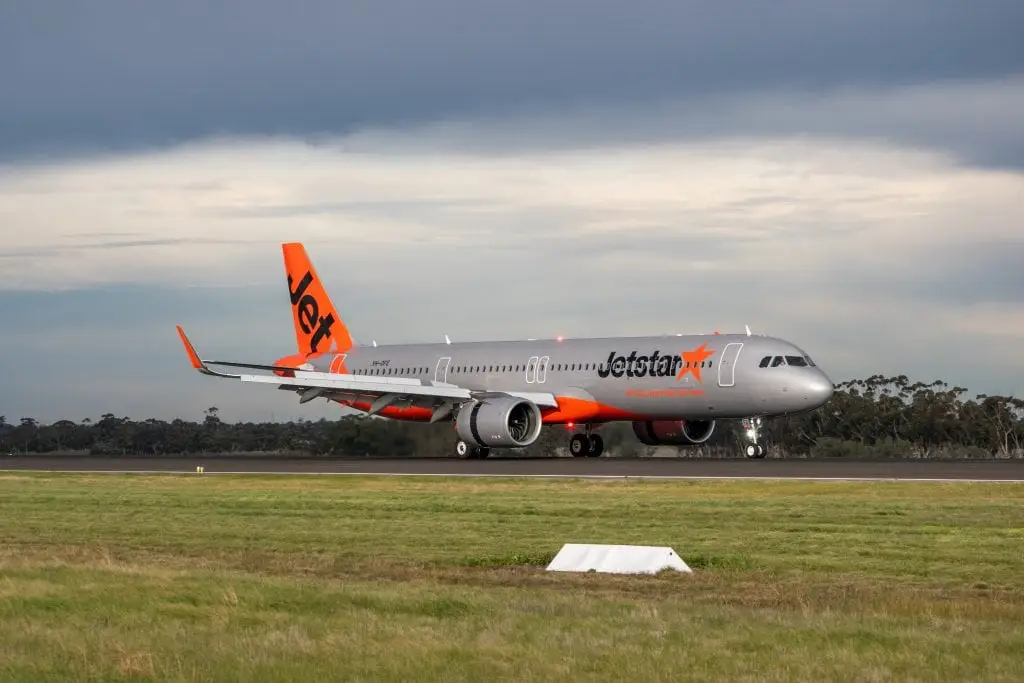
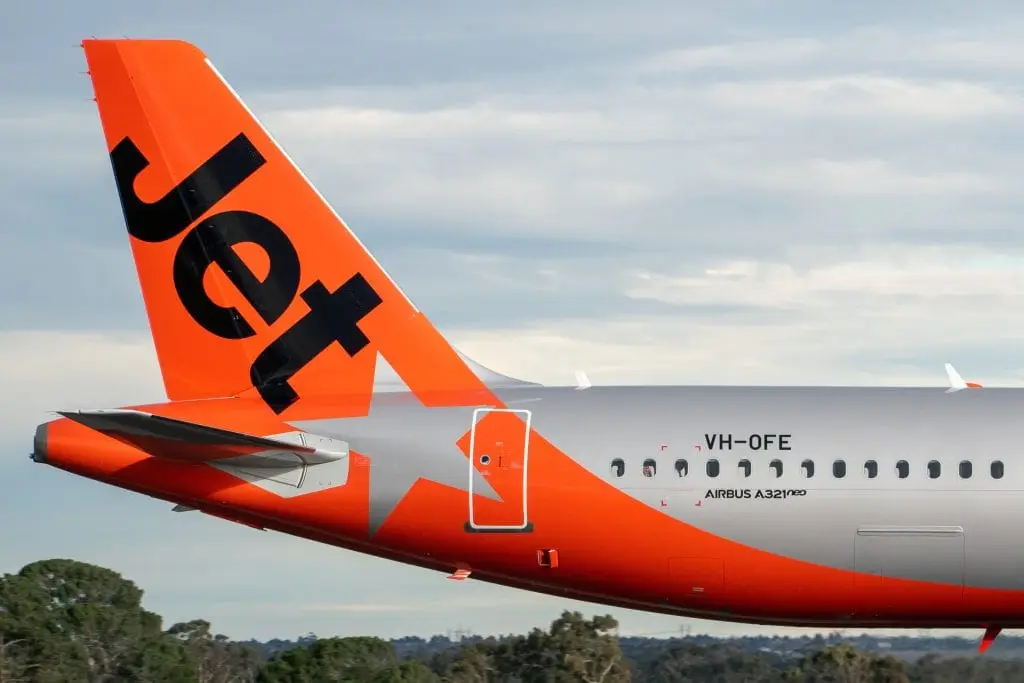



After touchdown, the media bus raced back to Jetstar’s Hanger 141 at the Southern end of Melbourne Airport, where an enthusiastic crowd had gathered. The showcase event saw VH-OFE towed into Jetstar’s hanger with INXS’s New Sensation blasting throughout. On hand was Jetstar CEO Gareth Evans, Airbus Head of Sales Pacific Marie-Frédérique Romain, Flight Hacks and a crowd of Jetstar staff and their families. Once ground staff had secured the aircraft, a crew of five Jetstar captains and engineers emerged to an orange-carpet welcome.
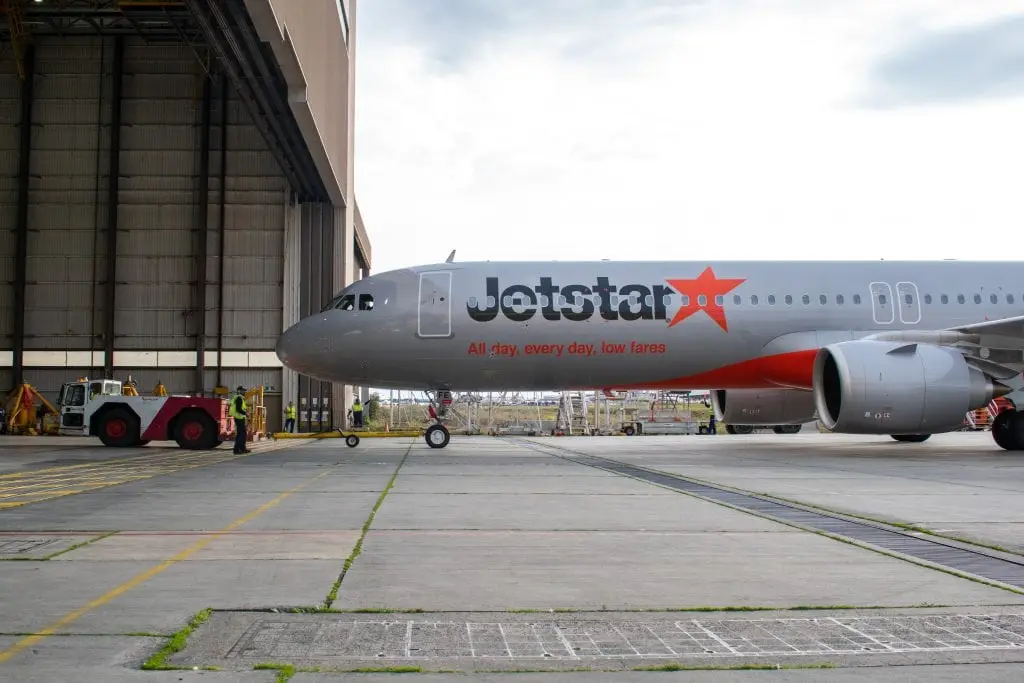
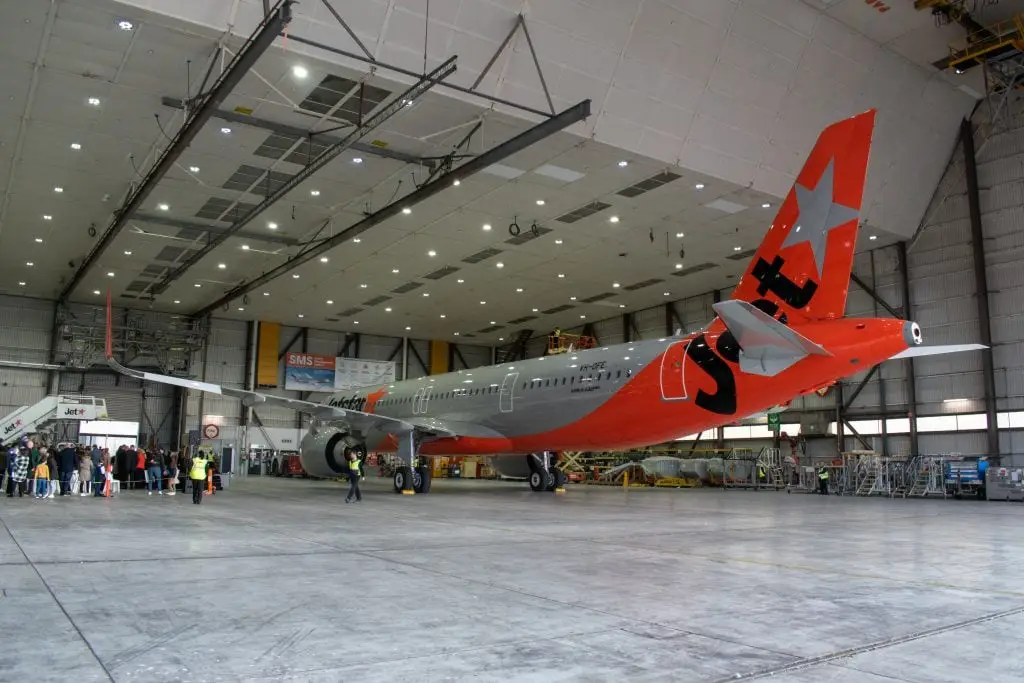


The Airbus A321neo is 15 per cent more fuel efficient, 50 per cent quieter, and can fly 1200kms further than Jetstar’s current A320s, making it the lowest emissions aircraft in the budget carrier’s fleet. Today’s jet, VH-OFE, is the first of 38 NEO aircraft on order, with Jetstar officials mentioning the new type is due to enter service on some of Jetstar’s most popular domestic routes in early September, including from Melbourne to Cairns. Although, we note flights onboard the aircraft are available for booking in mid-August, with the first few aircraft likely to be used to fill gaps in Jetstar’s current domestic schedule, until full integration into the network.
In the coming months, the NEOs will also be equipped with digital streaming technology that is set to allow Jetstar passengers to steam inflight entertainment on their own devices. The upgrade is set to be retrofitted to the existing fleet over the next two years. Of course, passengers will need to pay for access on each flight, although a yearly IFE subscription is on the table.
With Jetstar’s next two Airbus jets already built and ready for the delivery flight from Germany to Australia, a total of eight A321neo aircraft are expected to come online by May 2023. Jetstar hopes to have 18 aircraft delivered by mid-2024, with a further 20 A321XLR (extra long range) aircraft to arrive between 2024 and 2029.
Media Address From Jetstar CEO Gareth Evans
Speaking at Melbourne Airport today, Jetstar CEO Gareth Evans said the arrival of the first A321neo would set a new standard for low fares to travel in Australia.
“This means wider seats for customers, larger overhead lockers, in-seat USB charging and in-flight digital streaming technology, which is an Australian first for a low fares airline.
“The A321LR burns significantly less fuel than previous generation aircraft, and advanced weather detection technology will enable our pilots to plot smoother and more fuel-efficient flight paths.
“That translates to a saving of one point two million kilograms of fuel annually – a reduction of almost 4,000 tonnes of emissions or the equivalent of removing 1,500 cars from the road each year.
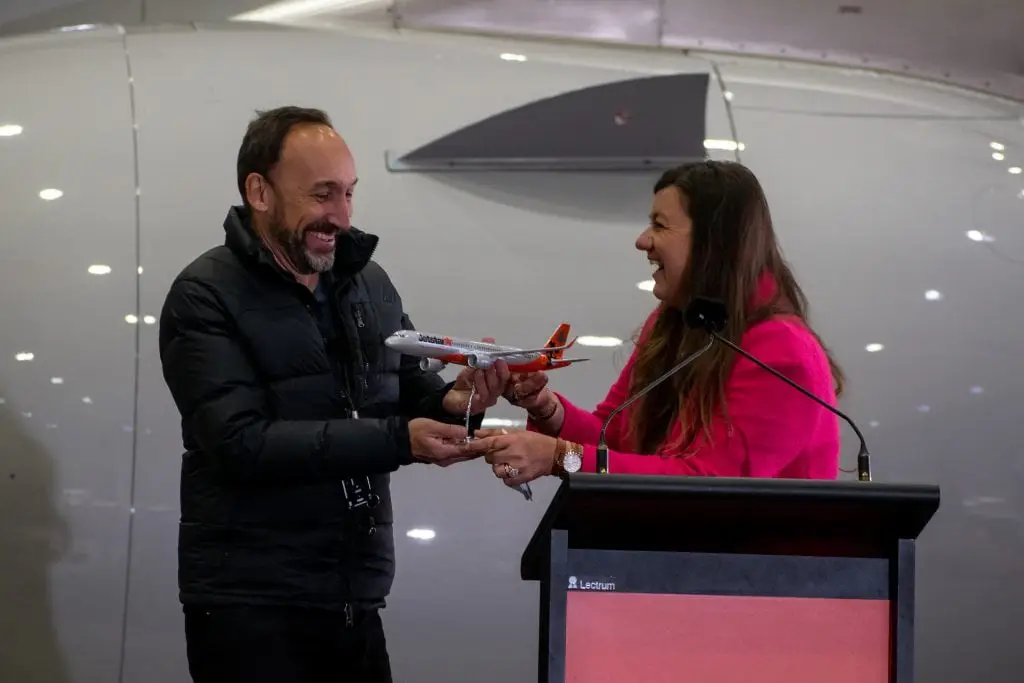
Inside Jetstar’s First A321neo
I was initially booked on the last leg of Jetstar’s delivery flight, Adelaide to Melbourne. Unfortunately, this flight was delayed and eventually cancelled, with the aircraft skipping its media flight. Nonetheless, Flight Hacks was able to get a sneak peek at Jetstar’s latest cabin on the ground.
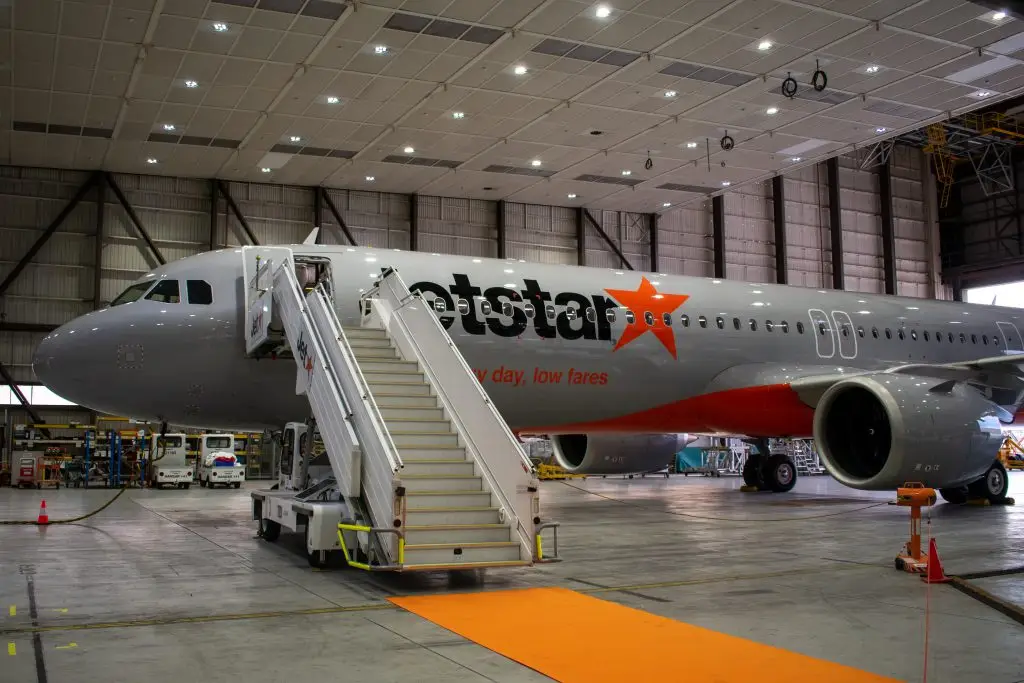
Travellers will feel welcome in the new cabin, with slimline seats very similar to those seen on Jetstar’s newer A320’s.
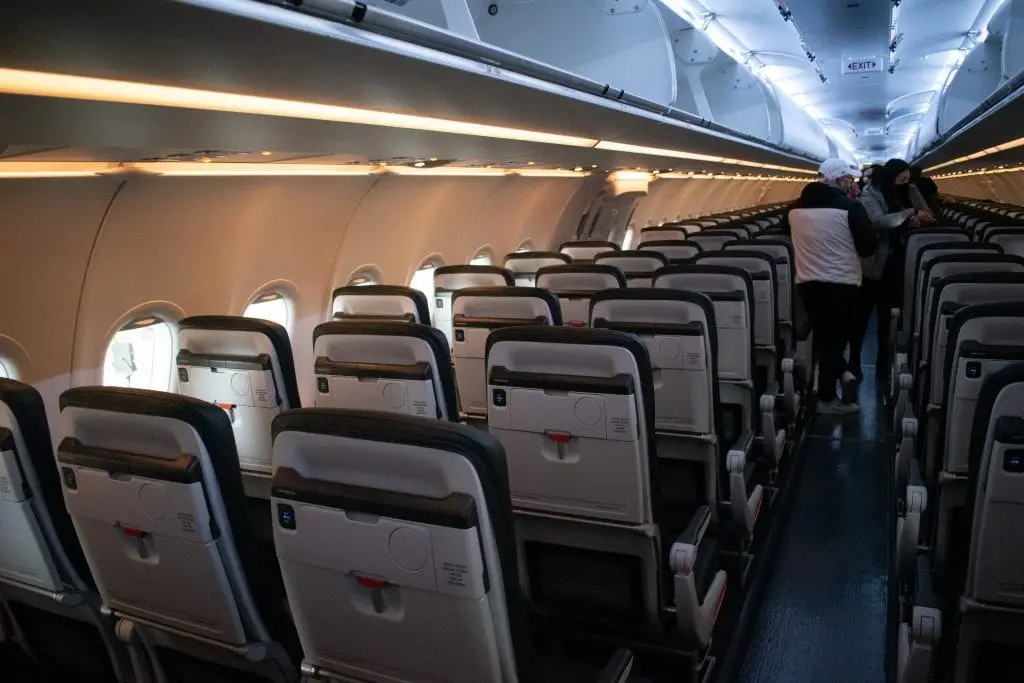
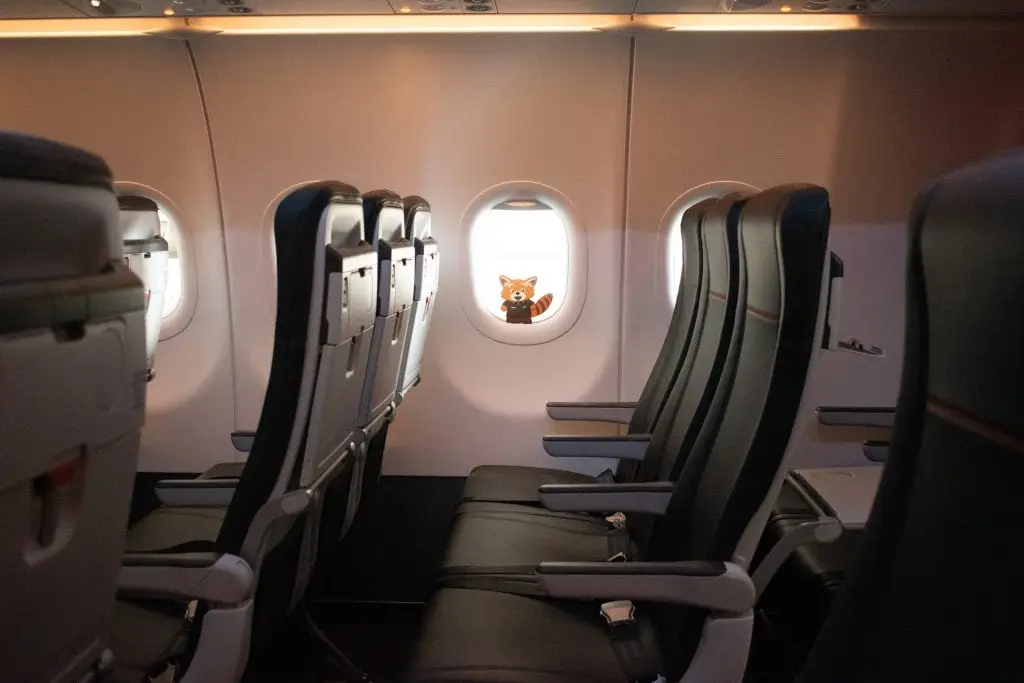


Seat pitch is set at a budget-friendly 29” although I was pleasantly surprised when sitting down. I’m 180cm tall and had about 8cm spare in standard seats, and even more when testing out the space at exit rows.
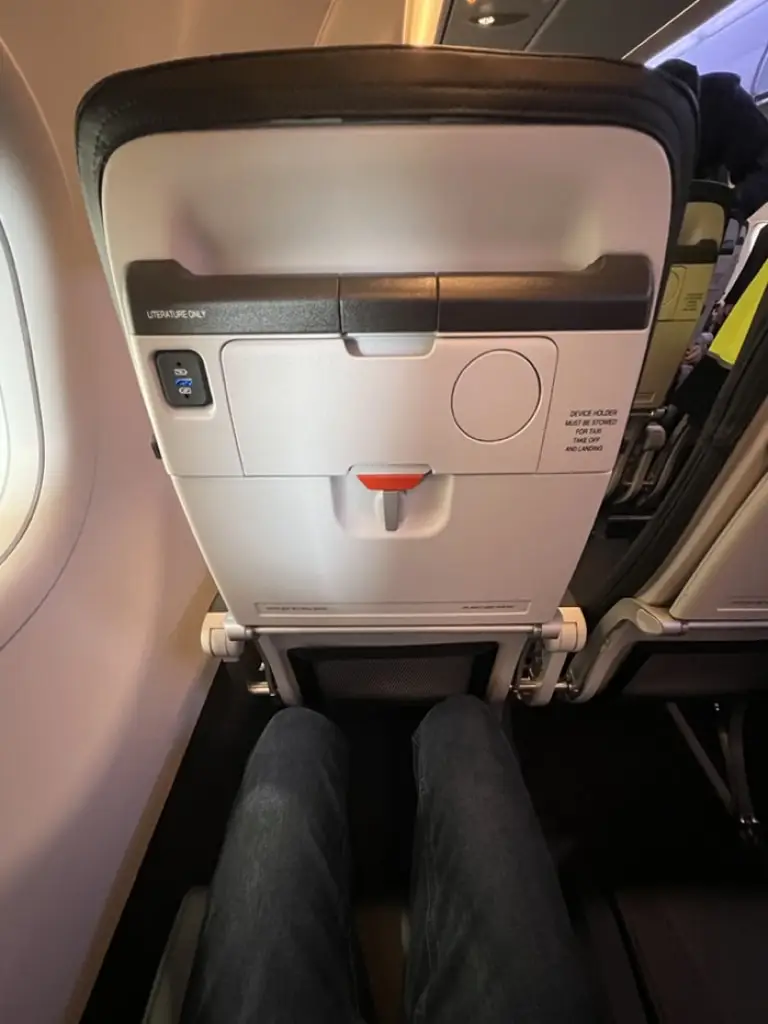
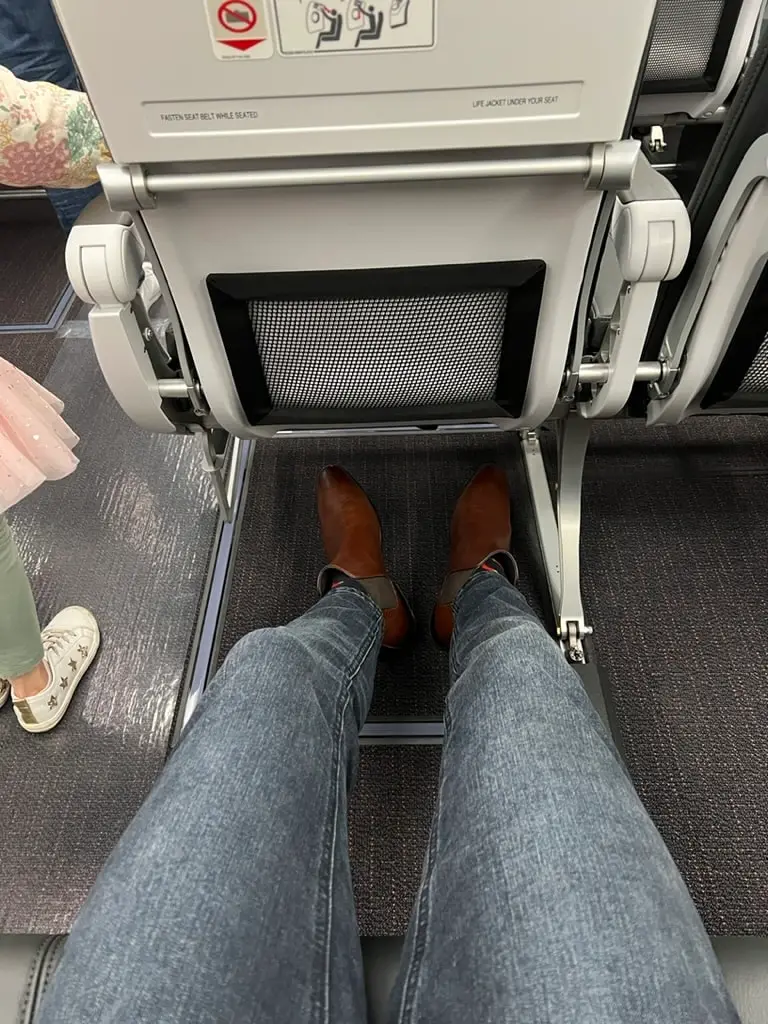


The most noticeable changes come in the seatback, which features a new device holder and USB power. The device holder worked well but was quite fragile.
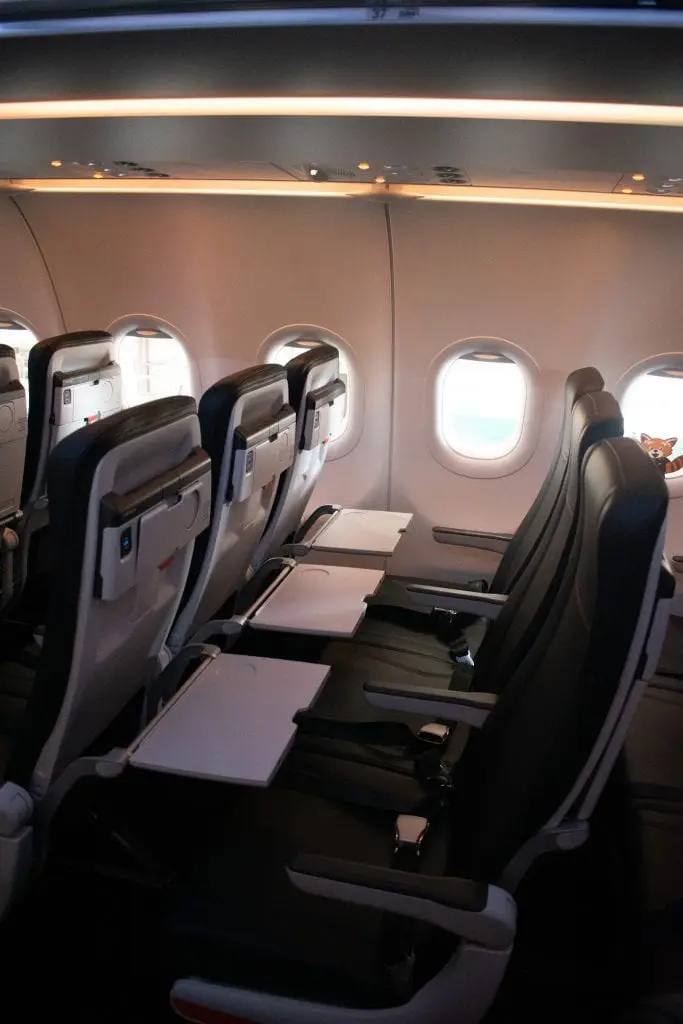
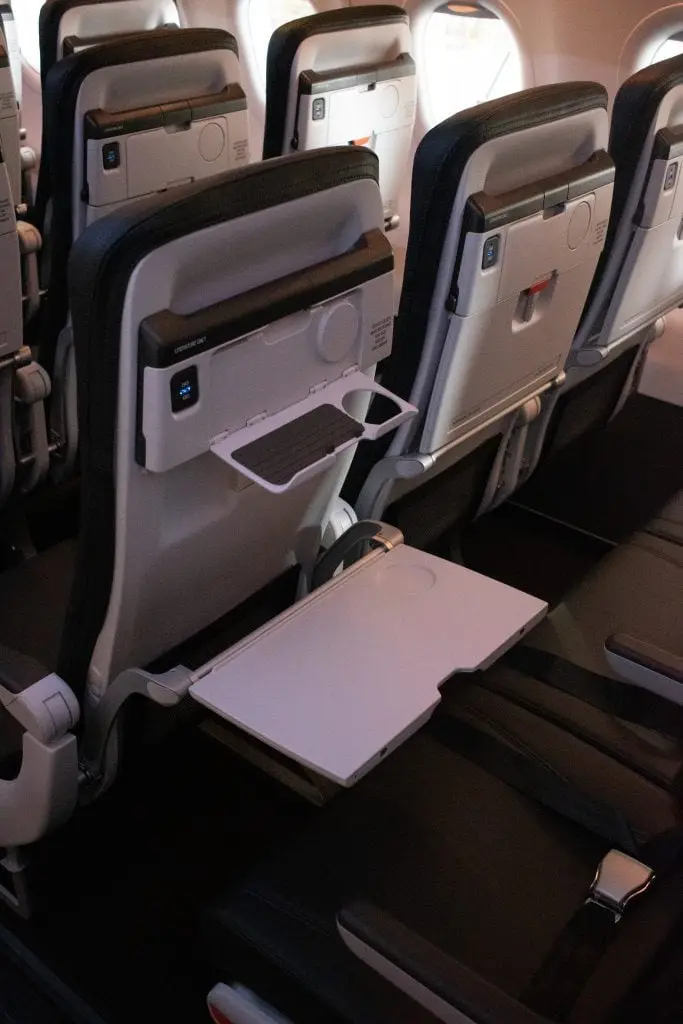
Finally, new branding sees the Jetstar logo inside the A321’s Sharklet wingtips.
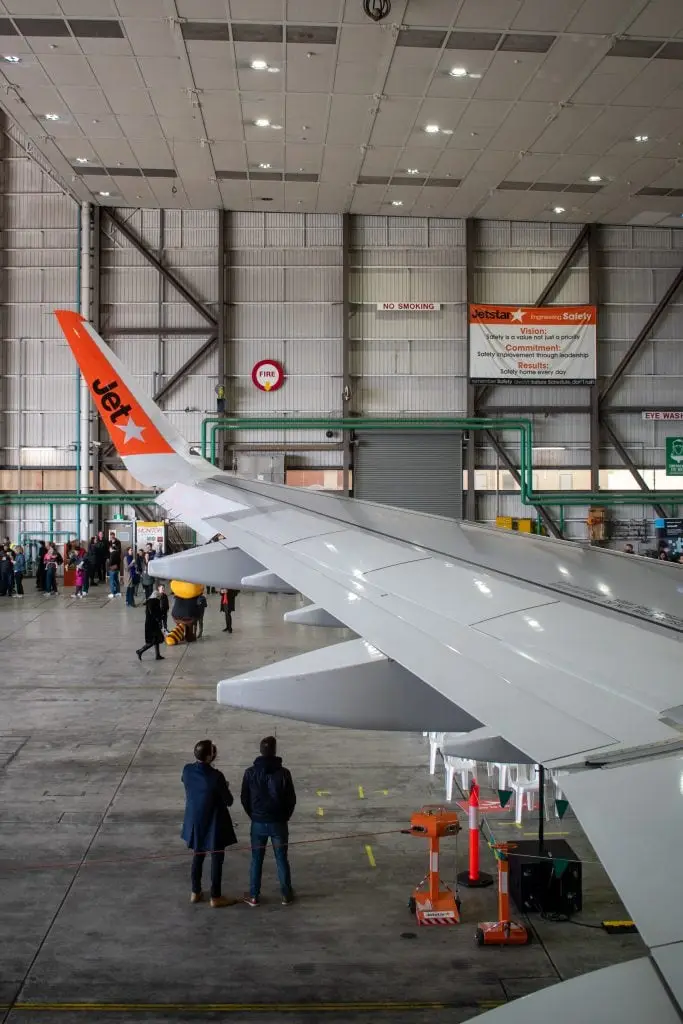
Related posts


